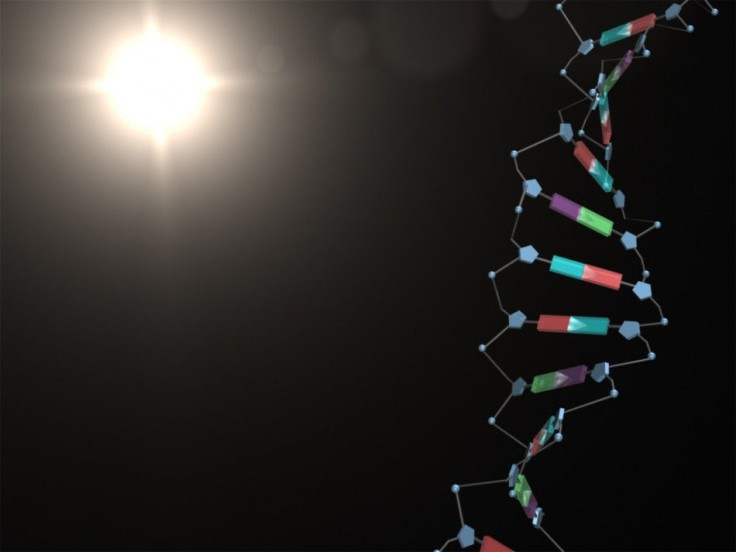Supreme Court Patent Case: SCOTUS Overturns Human Genes Patents

The U.S. Supreme Court has overturned Myriad Genetics' patent on human genes linked to higher risk of breast and ovarian cancers, the AP reported. The decision is yet another in a ping-pong of court rulings on gene ownership, a topic of much interest to medical researchers and human rights groups alike.
In 2010, U.S. District Judge Robert Sweet ruled that genes could not be patented, a decision that was overruled by a Washington, D.C., appeals court that handles patent cases. The split court found that genes outside the human body have a markedly different chemical structure than when found occurring naturally.
The Supreme Court on Monday discarded that decision, citing as precedent a decision last week that ruled laws of nature as not patentable. That unanimous decision threw out patents owned by Prometheus Laboratories Inc. that helped to treat Crohn's disease and other autoimmune disorders.
Justice Stephen Breyer wrote in his opinion: The question before us is whether the claims do significantly more than simply describe these natural relations. To put the matter more precisely, do the patent claims add enough to their statements of the correlations to allow the processes they describe to qualify as patent-eligible processes that apply natural law? We believe the answer to this question is no.
The patents claimed by Myriad Genetics of Salt Lake City helped to test for a mutation in BRCA genes. This mutation indicates a higher risk for breast and ovarian cancer in women, three to seven times higher. The mutation in men increases the risk of many types of cancer as well.
The American Civil Liberties Union has long been arguing against the patenting of human genes. Patents have been awarded for human genes for 30 years.
© Copyright IBTimes 2024. All rights reserved.





















